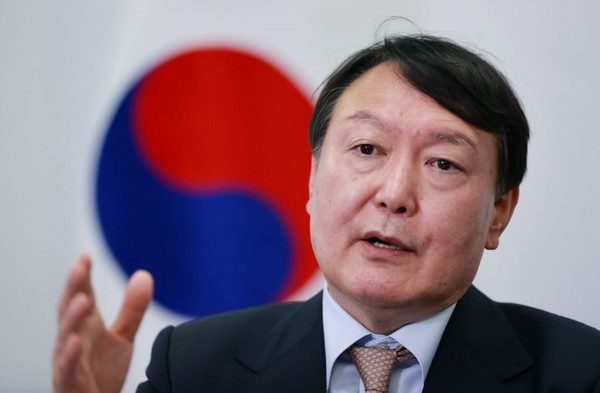In South Korea’s fiercest presidential race to date, Yoon Suk-yeol of the conservative People Power Party (PPP) won with 48.56% of total votes. He only had a 0.7% margin over his primary opponent, progressive candidate Lee Jae-myung of the ruling Democratic Party of Korea (DPK). Yoon’s tight victory, along with his public persona, paint a picture of South Korea’s current political crisis.

Yoon was born in Seoul in 1960 to former lecturer parents. After graduating from Seoul National University School of Law, he attempted the bar exam nine times before passing it in 1991. He started his prosecutorial career at Daegu Public Prosecutor's Office in 1994 and continued to serve as a prosecutor for the next 27 years. Under the Moon Jae-in administration, Yoon was appointed senior investigator, and eventually prosecutor general. He led the investigation on the corruption links among some of South Korea’s most powerful political juggernauts, including two former conservative presidents, Park Geun-hye and Lee Myung-bak, former chief justice Yang Sung-tae, and Samsung’s de facto leader, Lee Jae-yong.
It was not until July 2021 when he officially announced his candidacy in the following year’s election and joined the PPP, the main opposition party. While his political career is new, Yoon’s hawkish actions against white-collar crimes has made him a popular candidate in general election opinion polls as early as January 2020.
On top of his reputation as a firebrand anti-corruption crusader, Yoon is also a controversial figure. He has often come under fire for his offhand remarks, such as denying the existence of radiation leaks from the Fukushima nuclear disaster, supporting 120-hour work weeks in exceptional cases, arguing that poor people should be allowed to have low-quality food at lower prices, and stating that many people thought that the former dictator president Chun Doo-hwan did well in politics. He is also accused of being an anti-feminist for holding the growing feminist movement accountable for South Korea’s declining birth rate and for his plan to dissolve the Ministry of Gender Equality and Family.
Despite his controversies, his presidential pledges — which include easing housing plans for first-home buyers, incentivizing job creation in the private sector, strengthening ties with the United States and Japan, and taking a more militant stance against North Korea and China — fortified his popularity among the traditionally progressive-leaning youths. Disillusioned by soaring housing prices, job scarcity, and tensions with North Korea — all of which the Moon administration failed to address — the young generation saw hope in Yoon’s unorthodox leadership. Quoting Hyun-joon Kim, a political scientist at Myongji University, “Yoon is like Trump — he is an outsider running to shake up the establishment.”

